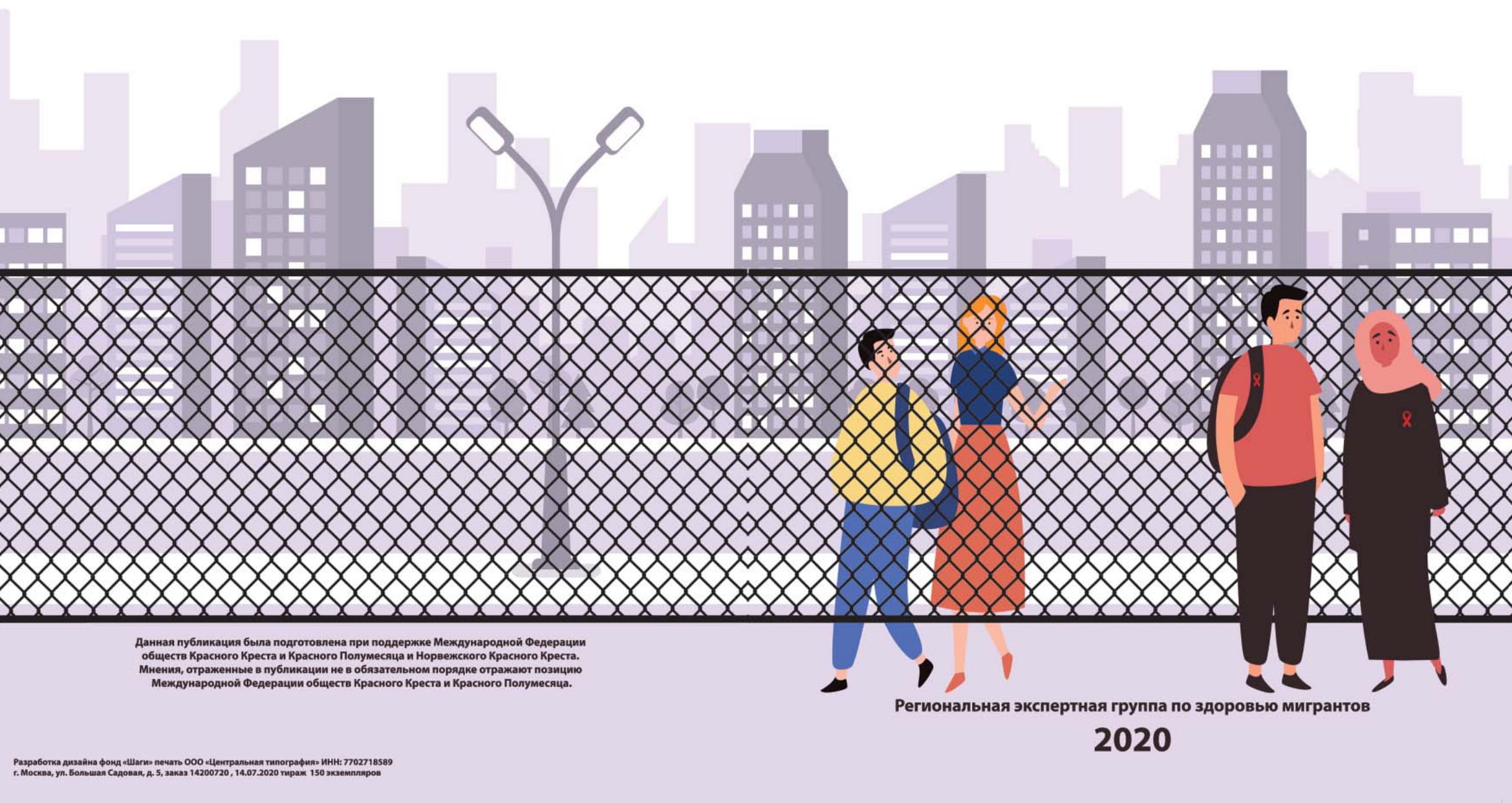In the 1980s and 1990s when HIV was perceived as a new and fatal disease, many countries banned the entry, stay and residence of people living with HIV. Today, we know far more about HIV transmission and treatment, such that HIV represents a chronic condition. Modern science grants people living with HIV a normal lifespan, allows us to understand how to prevent transmitting HIV to the partners of HIV-positive individuals and how to deliver healthy children born to mothers living with HIV. Therefore, many countries reversed migration-related discriminatory restrictions, although such regulations remain in effect in Russia. HIV-positive migrants are unable to work, obtain a temporary residence permit or apply for a residence permit or citizenship. In addition, an HIV-positive migrant risks deportation and subsequently bans from entering the country. These measures contribute to migrants remaining “underground” and restrictingtheir access to antiretroviral therapy, thereby increasing the risk of further spreading HIV.
The legalization of HIV-positive migrants in Russia would reduce the
spread of HIV within a key population group – labor migrant. Decriminalization would also partially solve economic and demographic burdens since migrants carry both labor and reproductive potential. In addition, the decriminalization of HIV-positive migrants would facilitate slowing the HIV epidemic in Russia, since it would allow many foreign citizens living with HIV who have remained in Russia illegally for years to come out of the ”shadows” and receive HIV-related treatment, care and support services. Simultaneously, sending countries are ready to take on the
responsibility of providing their citizens with HIV-related treatment.
It is also important to understand that Russia is not likely to take on the
additional costs related to treatment of international migrants with HIV. at
the same time, most home countries of labor migrant, such as Kyrgyzstan,
Moldova, Tajikistan, Ukraine, and Uzbekistan, provide their citizens with
antiretroviral therapy even when they leave their homeland for extended
periods of time.
Furthermore, removing HIV from the list of dangerous diseases may
improve the lives of current and future students. However, the primary
achievement of decriminalizing people living with HIV would lie in recognizing their right to the freedom of movement, their right to privacy and their freedom from discrimination.
The first edition of this report was prepared in 2018 with the financial support from East European and Central Asian Union of PLHIV. This second edition was updated in June 2020 was made possible through the support provided by the International Federation of Red Cross and Red Crescent Societies and Norwegian Red Cross.
.
